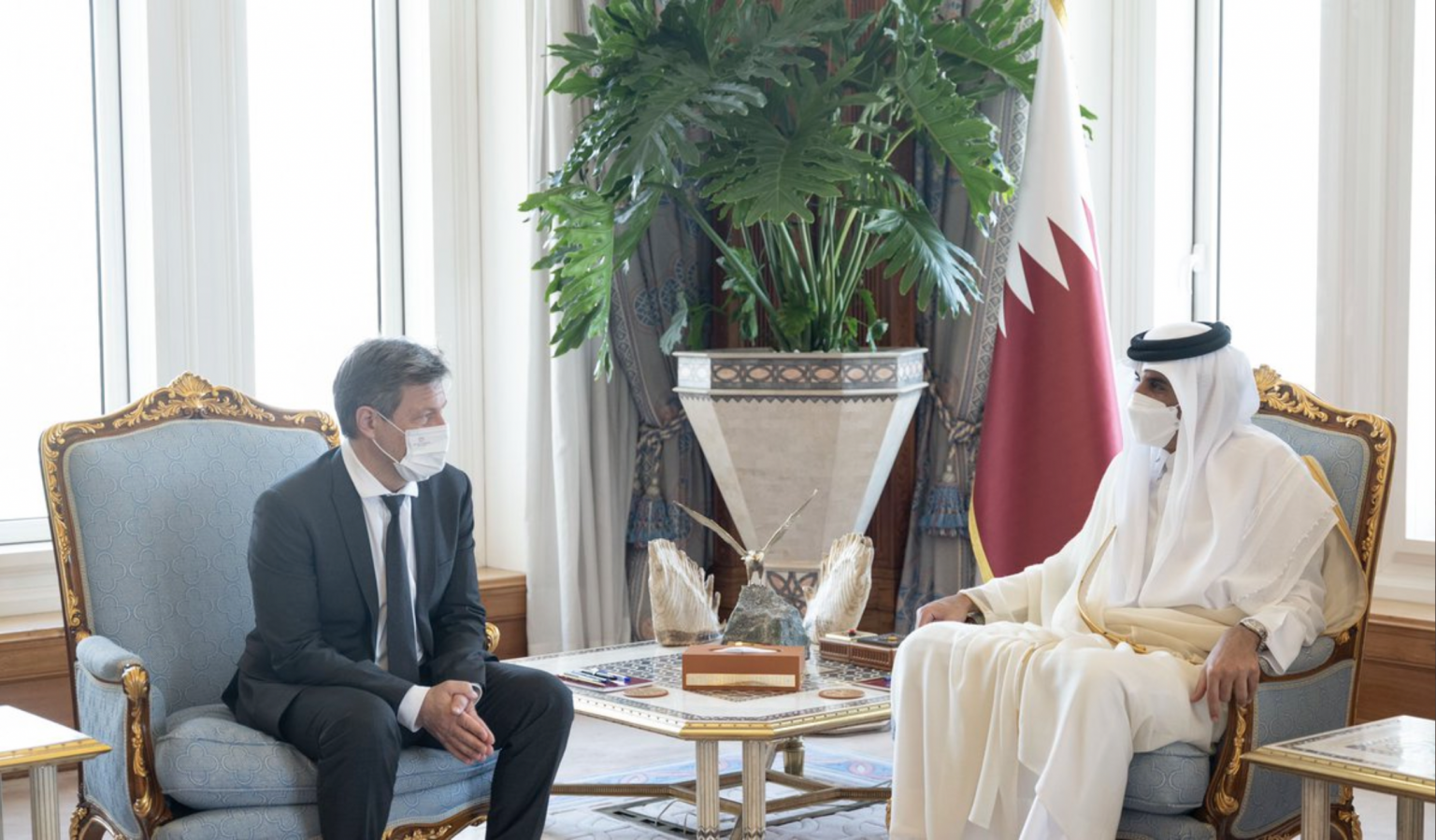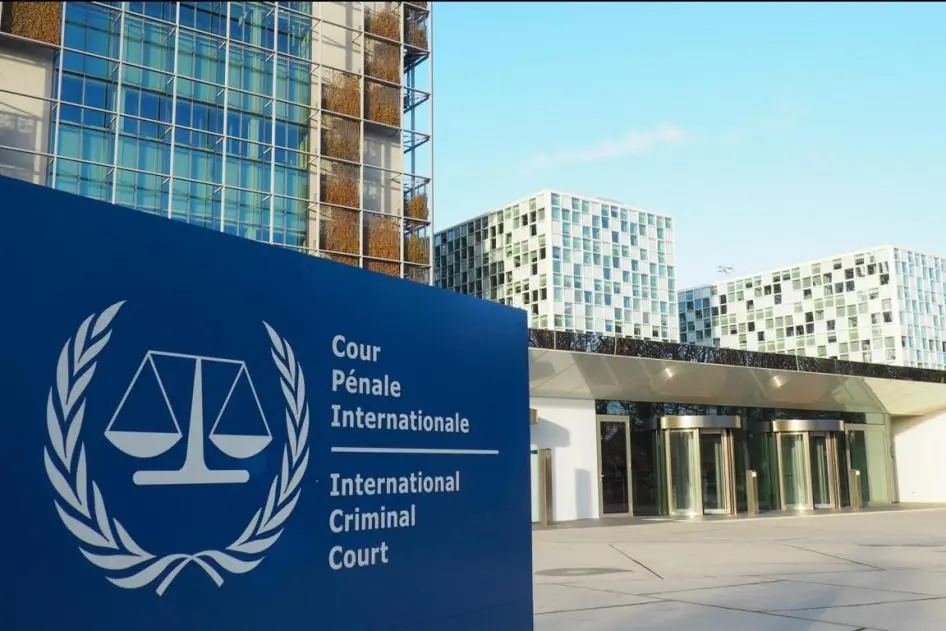Around half of Germany’s LNG imports are from Russia, making it the country’s largest supplier of gas.
Germany and Qatar are having trouble reaching an agreement on their long-term LNG supply accords due to disagreements over crucial terms, including the duration of the contracts, according to Reuters.
Germany, which wants to cut carbon emissions by 88% by 2040, is hesitant to agree to Qatar’s demands for long-term contracts. The demanded length is reportedly at least 20 years long.
This comes as Germany explores ways to diversify its sources of liquefied natural gas in a bid to make the country less dependent on Russia.
Qatar, the world’s largest LNG supplier, is also calling for terms like a destination clause, which would bar Berlin from rerouting the gas to other parts of Europe, a condition that the European Union opposes.
As the German government strives to balance any deal with its carbon reduction targets, the tense talks between Qatar Energy and the German government illustrate the issues that the EU continues to confront in its quest to diversify away from Russian gas.
“The issue of LNG contract length potentially putting Germany’s decarbonisation targets at risk is part of the ongoing discussions with Qatar,” a source told Reuters. Germany was also vying with other countries for LNG from Qatar, the person added.
Another source stated that securing LNG supplies from Qatar unlikely to happen soon.
According to Felix Booth, head of LNG at energy intelligence firm Vortexa, Qatar is adamant on oil-indexation, which essentially ties contracts to the ever-changing oil prices. This matches the pricing structure of their alternative sales into Asia. Meanwhile, the Germans are seeking linkage to the Dutch TTF benchmark.
“Qatar is in the driving seat in these discussions, with a new project underway, strong interest in their volumes and a long history as a reliable supplier,” said Booth.
“To secure this supply, it is expected that the German team will need to accept a traditional oil linked pricing structure. Leaving the European buyer with significant financial exposure compared to the European hub prices,” he added
In March, German Economy Minister Robert Habeck travelled to Qatar with officials from German utilities RWE and Uniper to explore increased volumes, but no agreement has been reached yet.
Prior to his departure to Doha, Habeck expressed concerns about energy supplies for heating and electricity in Germany next winter.
“If we do not obtain more gas next winter and if deliveries from Russia were to be cut then we would not have enough gas to heat all our houses and keep all our industry going,” he said in an interview with Deutschlandfunk radio shortly before his departure to the Gulf countries.
Around half of Germany’s LNG imports are from Russia, making the latter the country’s largest supplier of gas, according to data on the Economy Ministry’s website.
Since the Russian invasion of Ukraine on February 24, several initiatives have been launched by Habeck to decrease Germany’s energy dependence on Russia. The initiatives included the country making large orders of non-Russian LNG, alongside plans for a terminal to import natural gas, making the country’s exit from coal smoother.
Plans by the European Commission are underway to put an end to the EU’s dependency on Russian gas, oil and coal in the next five years. Qatar is seen as a key player the UE hopes will will the void caused by the loss of Russian oil and gas.
Earlier this year, Qatar was approached by US officials who inquired about the Gulf nation being a potential LNG supplier to Europe, in case of a Moscow invasion of Kyiv.
However, Qatar has made it clear that it will not be possible for it to be the sole replacement, stating that energy security “requires a collective effort,” as reported by Reuters.
Forty percent of Europes gas supply is from Russia as, while almost a third of the shipments pass through Ukraine. If an actual embargo is implemented by Russia on gas supplies to European countries, Germany and Italy would be especially “vulnerable.”
Habeck said that he plans on making Germany independent of Russian coal and gas in less than a year.
NATO allies are currently putting pressure on Berlin to boycott Russian gas and oil.
The Amir, Sheikh Tamim bin Hamad Al Thani, is expected to visit Germany in the coming days.







